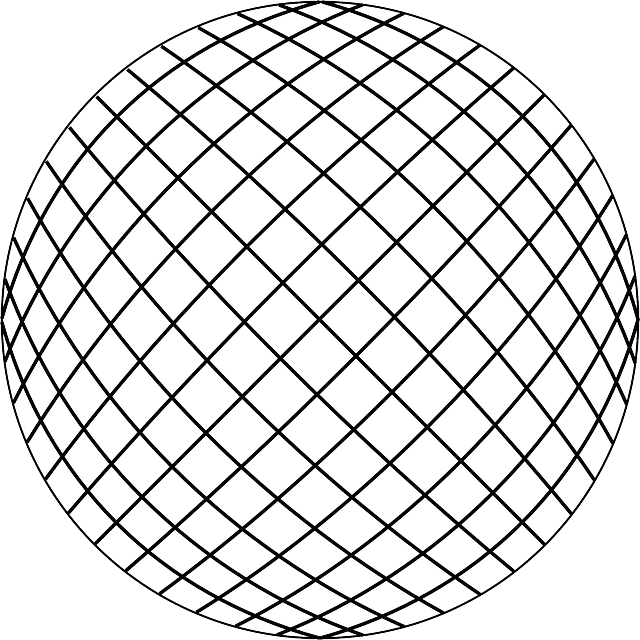Zinc plays a critical role in wound healing by supporting immune response, collagen synthesis, and cellular repair. Its enzyme cofactor function is essential for DNA and protein production necessary for new tissue growth and effective recovery from injury. Kratom, a plant with medicinal properties, contains significant levels of zinc along with other beneficial vitamins and minerals. Preliminary research suggests that kratom's zinc content may enhance wound healing through topical applications, though further scientific examination is required to fully understand its effects. The potential of kratom's nutrient profile to complement zinc's healing properties makes it a subject of interest in the field of wound care. The combination of kratom's anti-inflammatory alkaloids and immune-boosting compounds with zinc's wound healing capabilities could offer a novel therapeutic approach that not only bolsters the body's natural healing process but also addresses nutritional deficiencies that might impede recovery. It is crucial for individuals to consult healthcare professionals before incorporating kratom into their treatment plan due to its potential for interactions and side effects. A tailored nutritional approach, including kratom's vitamins and minerals when appropriate, alongside a balanced diet, is key to supporting optimal wound healing outcomes.
Zinc’s pivotal role in facilitating wound healing has garnered significant attention within the medical community. Its biochemical properties and intricate mechanisms underpin the body’s natural repair processes, making it a cornerstone in effective wound management. The synergistic effects of zinc, when combined with the healing properties found in kratom, offer a promising complementary approach to traditional therapies. This article delves into the integration of zinc with essential vitamins and minerals, including those present in kratom, to optimize wound repair. Explore the science behind these elements and their nutritional strategies for enhancing healing outcomes.
- Unveiling Zinc's Role in Wound Healing: A Critical Perspective on Its Properties and Mechanisms
- The Synergy of Kratom and Zinc in Promoting Healing: A Complementary Approach to Wound Management
- Nutritional Strategies for Wound Repair: Integrating Zinc and Kratom with Other Key Vitamins and Minerals
Unveiling Zinc's Role in Wound Healing: A Critical Perspective on Its Properties and Mechanisms

Zinc’s multifaceted role in wound healing has garnered significant attention within the medical community, particularly among those exploring the therapeutic properties of natural compounds such as kratom. This essential trace mineral is pivotal in the process of cellular repair and inflammation regulation, which are critical for effective wound healing. Zinc’s presence is instrumental in maintaining collagen synthesis, a key structural protein required to restore the integrity of damaged tissues. Its anti-inflammatory properties also help in modulating the immune response at the site of injury, reducing the risk of infection and promoting a timely recovery. Furthermore, zinc acts as a cofactor for numerous enzymes involved in the healing process, including those responsible for DNA synthesis and protein production, which are essential for new cell growth and tissue regeneration.
Incorporating zinc into wound care regimens can be supported by various sources, including dietary intake of kratom vitamins and minerals. Kratom, a plant with traditional medicinal uses, has been found to contain significant levels of zinc, which may contribute to its wound healing properties. Studies have indicated that topical applications containing kratom extracts may enhance the natural healing process by virtue of its zinc content, although further research is needed to fully elucidate this potential benefit. The interplay between zinc’s physiological functions and its role in facilitating cellular repair underscores its importance in wound care strategies, making it a critical component for consideration in both acute and chronic wound treatments.
The Synergy of Kratom and Zinc in Promoting Healing: A Complementary Approach to Wound Management

Zinc, a vital trace mineral, plays a pivotal role in the immune response and cellular repair processes, making it indispensable for effective wound healing. Its involvement extends to the synthesis of DNA and RNA, protein production, and collagen formation, all of which are critical for new tissue generation and scar minimization. Kratom, a botanical extract from the leaves of Mitragyna speciosa, has garnered attention for its potential therapeutic benefits, including its rich profile of vitamins and minerals that complement zinc’s properties. The synergy between kratom and zinc in promoting wound healing can be attributed to their overlapping nutritional contributions. Kratom contains various compounds that may support the immune system, reducing the risk of infection—a common complication in wound care. Furthermore, kratom’s alkaloids may modulate inflammation, potentially enhancing the wound repair process. When combined with adequate zinc levels, this complementary approach can facilitate a more robust healing response by ensuring proper cellular signaling, immune function optimization, and collagen cross-linking. This dual intervention not only targets the body’s natural healing mechanisms but also addresses nutritional deficiencies that could impede recovery, making it a promising avenue for wound management in clinical practice.
Nutritional Strategies for Wound Repair: Integrating Zinc and Kratom with Other Key Vitamins and Minerals

Zinc plays a pivotal role in the immune response and the healing process of wounds due to its involvement in collagen synthesis, protein production, and cell signaling, which are essential for tissue repair. Nutritional strategies for effective wound repair should include adequate zinc intake, as it acts as a cofactor for enzymes that facilitate the proliferation and migration of fibroblasts necessary for wound contraction and closure. To enhance the efficacy of zinc in wound healing, integrating Kratom, which contains various vitamins and minerals, can be beneficial. Kratom is known to have alkaloids that may support immune system function and reduce inflammation, potentially aiding in the recovery process. Vitamins A, C, E, and B complex, along with other minerals like copper and selenium, work synergistically with zinc. These nutrients contribute to a robust immune response, collagen formation, and maintenance of skin integrity, all critical factors in wound healing. A balanced diet rich in these vitamins and minerals, combined with supplementation where necessary, can create an optimal environment for the body to repair wounds effectively. It’s important for individuals undergoing wound recovery to consult healthcare professionals before incorporating Kratom into their regimen due to its potential for drug interactions and side effects. Similarly, a comprehensive approach to nutrition should be tailored to individual needs, considering factors like age, health status, and specific wound characteristics.
Zinc’s pivotal role in facilitating wound healing has been illuminated, highlighting its critical properties and mechanisms within this process. The synergy between zinc and kratom, often overlooked yet highly complementary, offers a promising avenue for enhanced wound management. Nutritional strategies that integrate zinc, kratom, and other essential vitamins and minerals emerge as a key approach to optimizing wound repair. In conclusion, the integration of these nutrients not only supports the biological processes involved in healing but also underscores the importance of holistic care in promoting effective recovery from wounds. This comprehensive perspective on zinc’s role, alongside the potential of kratom and its vitamins and minerals, provides a solid foundation for future research and clinical practice in wound care.






